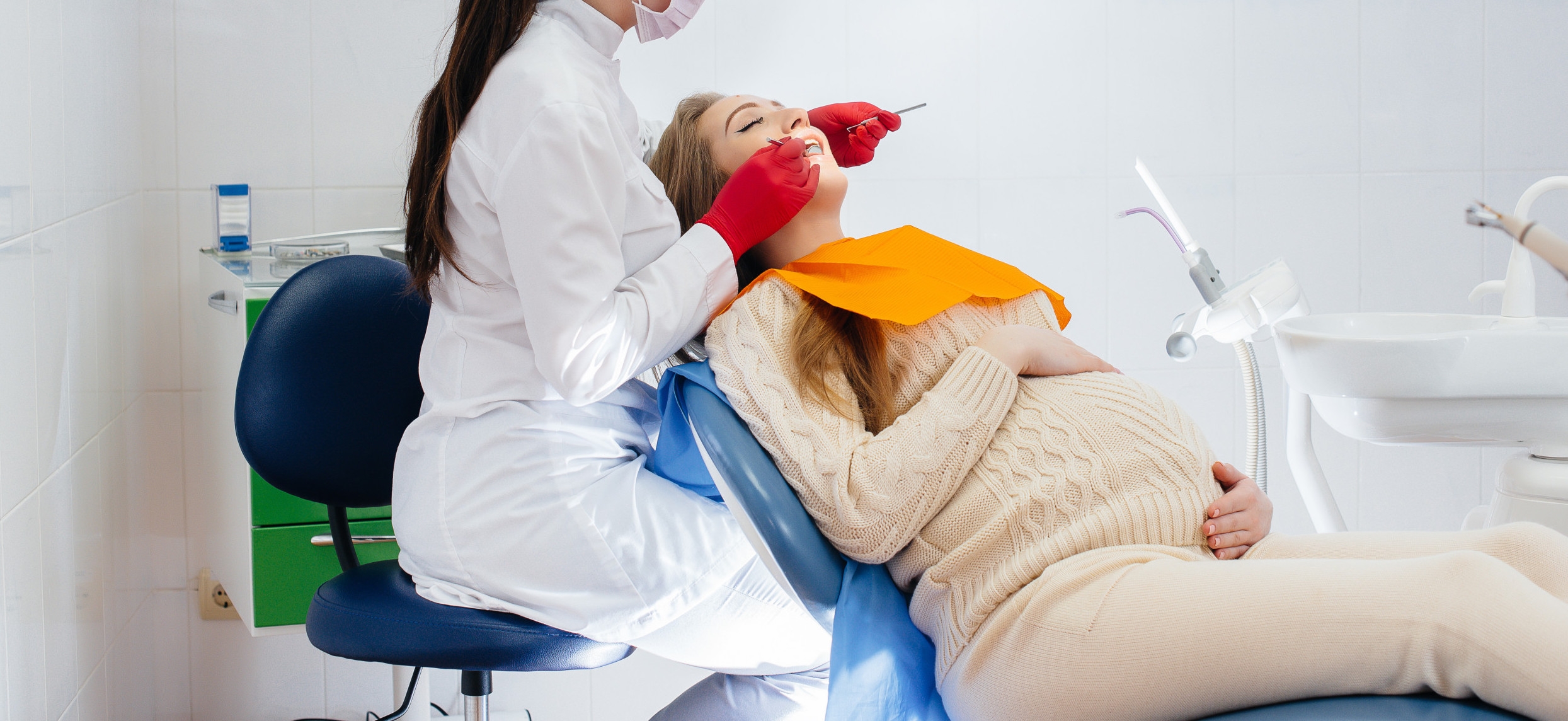
Pregnancy and Oral Health - 5 Things You Should Know
- Home
- Blog
- Pregnancy and Oral Health - 5 Things You Should Know
A number of expecting mothers are very cognizant about their diet and exercise habits in the months leading up to their due date, but many of them don't pay as close attention to their dental health. It's always important to care for your oral health, but it's especially important during pregnancy because failing to do so can cause issues for your unborn child. Below, we take a closer look at why pregnancy can be hard on your teeth and how to protect your teeth and your child as you navigate your pregnancy.
Caring For Your Teeth During Pregnancy
Here are five things you should know about how pregnancy can affect your oral health and how to care for your teeth during pregnancy.
- Pregnancy-Induced Gingivitis
Up to half of women will experience what's known as pregnancy-induced gingivitis. This develops as a result of hormonal changes throughout your body brought on by pregnancy. These hormones make it so that your gums are more sensitive, so they are more easily irritated by plaque. This can lead to red, swollen, or even bleeding gums. The good news is that the condition usually resolves on its own after childbirth, but to reduce your risk of symptoms during pregnancy, you'll want to brush and floss regularly to help prevent the buildup of potentially-irritating plaque.
- Managing Morning Sickness
If you are dealing with morning sickness, make sure you are caring for your mouth after an episode. Don't let stomach acid linger on your teeth's surfaces after morning sickness. Be sure you are rinsing your mouth and brushing your teeth after a bout of morning sickness to help protect your tooth enamel from erosion.
- Keep Going To The Dentist
You should still be going to the dentist for your semi-annual cleanings, even during pregnancy. It's perfectly safe to get your normal cleaning while pregnant, and it's even safe to get x-rays. Let your dentist know if you think you may or know that you are pregnant, but we always take precautions to minimize radiation exposure so you and your unborn child stay safe.
- Getting Through Brushing Nausea
If you've ever been pregnant, you've probably had cravings for specific foods or been nauseated by the smell of others. The same nauseating feeling can occur for some women when they brush. If brushing is making you nauseous, try switching to a smaller brush head or changing toothpastes to one with a less distinct flavor. Others find relief by brushing at different times throughout the day.
- What You Eat Helps Your Baby
Did you know that your child's teeth begin to develop between the third and sixth month of pregnancy? Making sure you get plenty of nutrients like Vitamin A, C, and D as well as calcium and protein will help ensure they are getting what they need for healthy development. Foods high in folate and folic acid supplements can help to reduce the risk of neural tube defects.
Pregnancy and hormones can cause problems for your teeth, but if you practice good oral hygiene and are cognizant about what you put in your body, you and your baby will have a great chance of having wonderful health throughout the length of your pregnancy. For more information or to set up your next appointment, contact Dr. Brooks' office today.
Book Appointment
Or call us at:
(952) 888-2300



